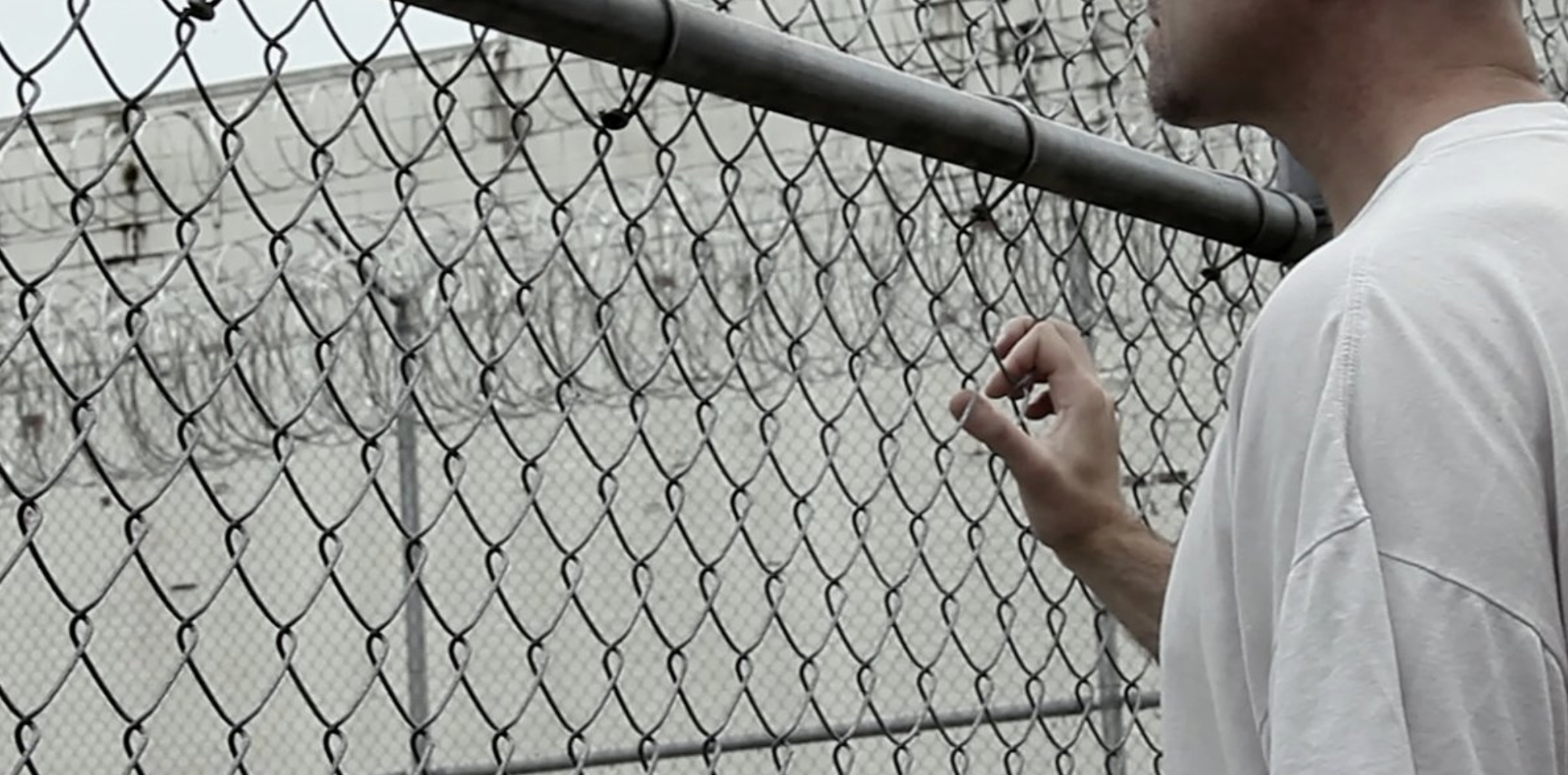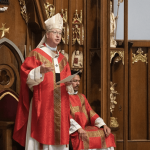VANCOUVER — Some of the names in this article have been changed to protect the identity of the individuals.
Few crimes elicit society’s rancor and scorn like sex abuse. Whether it’s the vulnerability of the victims or the intimacy of the assault, sex crimes have a unique stigma that follows offenders into prison. This presents a challenge not just for society, but especially for Christians, who believe in God’s radical love and forgiveness, even for sex offenders.
Circles of Support and Accountability volunteers are helping sex offenders to find a place in society, and one CoSA volunteer named Emily says the humanity of the convict becomes apparent, no matter how difficult the crime. “It can’t define the person for the rest of their lives,” she told The B.C. Catholic.
The principle is especially important because the offenders – known as core members – are seeking out CoSA’s help.
Nonetheless, the process can be difficult for volunteers because of what the individual has done. “I remember describing my first experiences [at a circle] as, ‘my Spidey senses were tingling,’” said Emily.
That’s because of the disclosure that takes place when a core member meets with their circle for the first time. They share with the group the details of what they have done, and Emily felt particular apprehension as a woman.
Even in that moment, there was grace: “As horrifying as it is in the moment, I got a sense of how it is for the core member to be in that experience,” she said. “You can’t go in with your head in the sand.”
The important thing, she realizes, is that “they are there because they want help—they aren’t [in the circle] to do harm. They are there for the potential of your interaction with them to be helpful.”
Core member Jim remembers his own nervousness during the disclosure. “Two ladies were there,” he told The B.C. Catholic. “How could I share [what I did] with them?”
Yet Jim, who turned himself in to police before serving three years in prison, has found his accountability circle to be a boon. Specifically it is helping him work through his guilt and find healing.
“It bothers me what I had done,” he said. “I had an extremely difficult time with forgiving myself. I couldn’t shave—I couldn’t look at myself in the mirror.”
Prison wasn’t a place of rehabilitation for Jim, who struggled with court-ordered psychiatric assessments that he found dehumanizing. Once released, he contemplated suicide at a local halfway house.
It wasn’t until he went online and searched for organizations that help sex offenders move forward with their lives that he found CoSA.
The CoSA volunteers are his “angels,” Jim said, non-judgmental and fostering a learning environment in which he was able to work toward a better future.
For Emily, CoSA solidifies the principle that no one seeking forgiveness and redemption should be denied the chance to find it. “Every human being is someone who Jesus loves,” she said, “and we are here side by side. I have learned as much about the core member as about myself and about the world and the potential for love.”
Jim still struggles with the memory of what he did, but CoSA has allowed him to come to terms with himself. “I have made peace with the Lord above. I pray for the victim who hopefully will forgive me at some time in her life.”
Deacon Tim Morris has experience with CoSA, and after 20-plus years of experience as a prison chaplain he is no stranger to working with convicts.
In prison, sex offenders are shunned or treated with hostility, especially by inmates who feel morally superior or who have been abused themselves, said Deacon Morris. ”Sex offenders are viewed as the lowest of the low,” he said. “When the inmate gets out of jail, society feels the same way about them.”
Some people have a hard time with the idea of convicts getting a second chance, said Deacon Morris, and society as a whole still needs to find the right balance between retribution and justice when it comes to crime. There are times when a life sentence is appropriate, but that isn’t the case for all criminals, he said. “We have a difficult time getting the message out there that people can change.”
CoSA circles show that love is ultimately the answer, he said. “Not a mush love, but a love that says, ‘I love you because you have dignity. It’s only when we do that, that they can grow.”
Through his years of working with prisoners and convicts, Deacon Morris has gained a core spiritual insight. “I’ve come to the conclusion that people of conscience will punish themselves. They will punish themselves in accordance with what they think is a just punishment—people can be too hard on themselves. We really need to love people into their own dignity.”
Father Mako Watanabe, chairperson of the CoSA BC Board of Directors, told The B.C. Catholics that the Jubilee Year of Hope offers a special opportunity for working with convicts. “We should be especially sensitive to the fact that as human beings part of our inherent dignity always yearns for our basic personhood and dignity to be acknowledged and rightly ordered to society.”
That’s particularly true for sex offenders. “If there is no hope, then where is the motivation to heal?” he asked. “If they think the world hates them, how will they become more loving? This is about personal development and healing.”
It is also about public safety, because there is significant evidence that participation in an accountability circle lowers recidivism rates by 75 to 80 percent.
“A rehabilitated person is a safer person,” Father Watanabe said.




